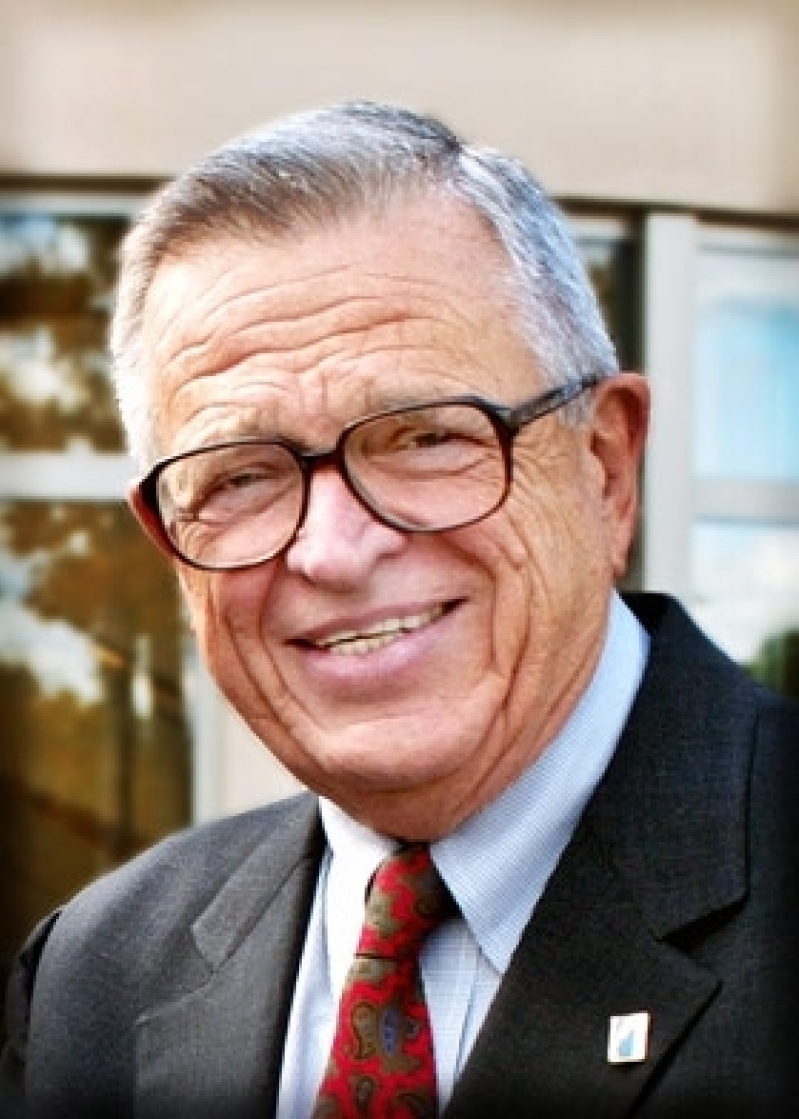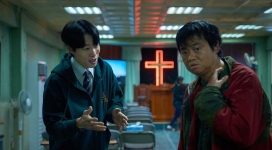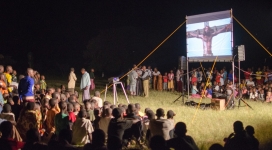
Man was made to live in community. In Genesis 2, we're told it's not good for man to be alone. And in a classical world the worst punishment was to be banished from society, because you had no meaning once you were.
Our founders in America created a country that respected individual rights and liberties, but always in the context of the people. And the people united in communities and associations, which secured individual rights from an otherwise all-powerful government.
So you had a balance. And in the context of those communities, we prospered like no other nation on earth. Tocqeuville when he came to America praised the civic virtue of Americans -- their collective self-reliance in building hospitals, schools, churches, etc. But in recent times, not only in America but throughout the Western World, "individual autonomy," the code word of modern liberalism, has become ascendant outside the context of community. And not surprisingly, as radical individualism grew, the power of government grew as well, especially in the 20th Century.
Here's why.
Robert Nisbet argued in his 1953 book, The Quest for Community, that radical individualism caused communities to break down. Family, church, clubs, groups, associations, that came between the individual and the state, all weakened in the face of this desire for individual autonomy. So it's no wonder we've witnessed an explosive growth in government over the last fifty years. But as face-to-face communities decline, people are flocking to virtual, online communities. Many see these as "communities for a new generation."
A recent conference revisited Nisbet's ideas in light of online communities. The results were not encouraging.
Christine Rosen, senior editor of The New Atlantis, noted that in a face-to-face community, I come as I am. In virtual communities I come as the image I want to project. The resulting interaction is too tame to be called community. Instead, as Wheaton College professor Read Schuchardt added, we end up with narcissistic groups of false selves.
Rosen acknowledged that in the online world we may have more friends than we could have in face-to-face community. But the quality of those friendships is so poor that sociologists have coined the phrase “migratory friendships” to describe digital friends who have lots of information about each other, but don’t actually know each other.
The hard work of genuine community has been outsourced, she said, to technology -- so we become the product of our technology, shaping our image to meet the demands of the market.
Well, what are we to make of this? Virtual communities cannot replace real, face-to-face communities. They can't perform the function of providing meaning and fellowship in the same way. And they certainly can't serve as intermediate structures between the individual and an all-powerful government. Virtual community is really no substitute for the real thing.
For the sake of our well being and freedom as men and women created not to be alone, it is so vital now that the church be a catalyst for rebuilding real communities in a very real way.
From BreakPoint, November 28, 2011, Copyright 2011, Prison Fellowship Ministries. Reprinted with the permission of Prison Fellowship Ministries. All rights reserved. May not be reproduced or distributed without the express written permission of Prison Fellowship Ministries. “BreakPoint®” and “Prison Fellowship Ministries®” are registered trademarks of Prison Fellowship







